‘Adapted’ Japanese state visit hosted by King to go ahead despite election
The agenda has been ‘slightly adapted’ but the Emperor and Empress will still be feted with a ceremonial welcome and a state banquet.

The Japanese state visit to the UK hosted by the King is to go ahead in a “slightly adapted” form despite the General Election.
In an unprecedented move, the King and Queen will entertain Emperor Naruhito and his wife Empress Masako just days before the country goes to the polls.
The red carpet will be rolled out, and the major, formal state occasion will include the traditional pomp and pageantry of a ceremonial welcome on Horse Guards Parade, a carriage procession and a grand banquet at Buckingham Palace.
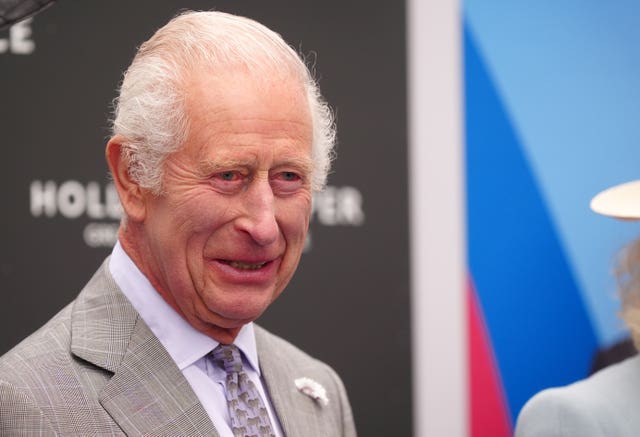
There was no occasion during Elizabeth II’s 70-year reign of an incoming state visit being staged in the timespan between the calling of a general election and polling day.
In 2017, a Spanish state visit by King Felipe VI was quickly rescheduled – following an agreement by the late Queen and King Felipe – because the date clashed with a snap election in the UK.
The Palace declined to confirm exact details of how the original plans for the Japanese visit had been amended to take the election into account.
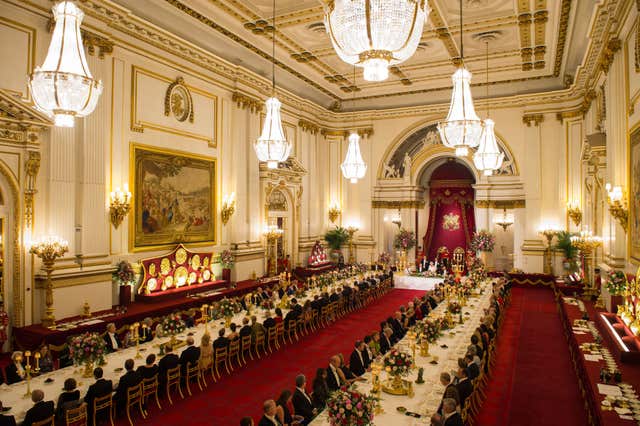
Missing elements appear to be the usual Downing Street talks with the Prime Minister, a speech to the Palace of Westminster by the visiting head of state, and meetings with opposition leaders.
But there was no clarification from the Palace as to whether Prime Minister Rishi Sunak, Foreign Secretary Lord Cameron, Labour leader Sir Keir Starmer and others would be invited to the white tie state banquet or attend other elements.
Royal expert Joe Little of Majesty magazine said: “It’s unprecedented. I assumed as soon as the election was announced that the state visit would bite the dust again because of the huge amount of prime ministerial and government involvement with it.”
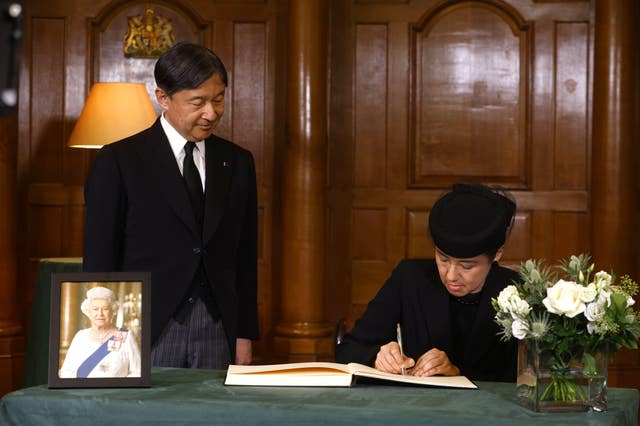
He added: “We do still have a prime minister but the fact that it’s a week before the General Election is optically a bad fit.
“The powers that be could be accused of drawing undue attention to the prime minister of the day. So maybe there won’t be the ministerial attendees there.”
State visits are planned by the Foreign Office, in consultation with the Palace.
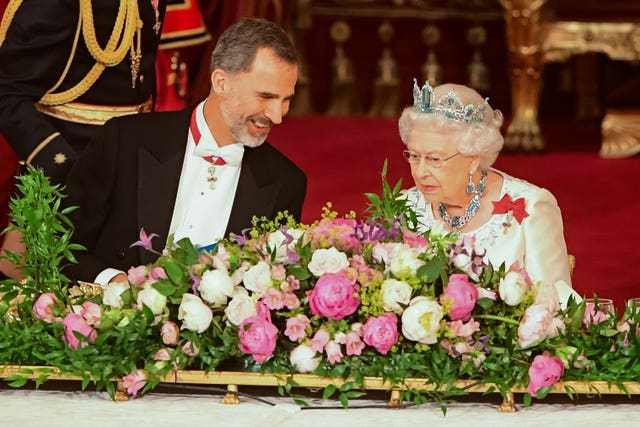
The King and Queen will formally welcome their guests, and Charles will inspect the Guard of Honour, formed of the 1st Battalion Welsh Guards with the Band of the Welsh Guards, with the Emperor, before a carriage procession back to the Palace with Camilla and William.
After lunch at the royal residence, the guests will tour a Royal Collection exhibition in the Picture Gallery and then lay a wreath at the Grave of the Unknown Warrior in Westminster Abbey.
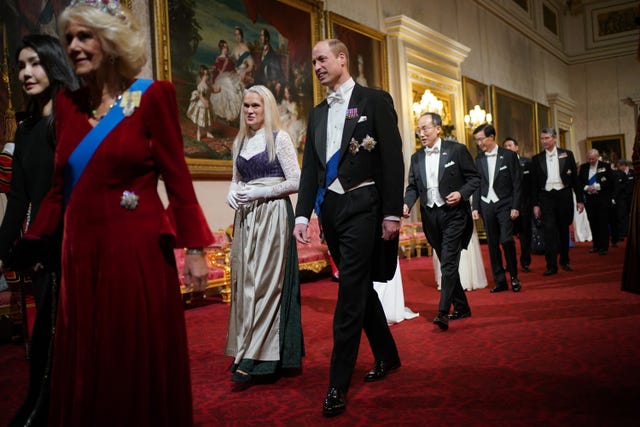
They will spend seven days in the UK, arriving on June 22 to carry out private engagements ahead of the official state visit.
On June 27, they will bid farewell to the King and Queen and privately visit St George’s Chapel, Windsor Castle, to lay a wreath on the tomb of the late Queen, before carrying out a private visit to Oxford on June 28.
The Palace said on the day Mr Sunak made his rain-soaked Downing Street address to call the election that the royal family would postpone engagements “which may appear to divert attention or distract from the election campaign” and that it was not a blanket ban but visits would be considered on a case by case basis.
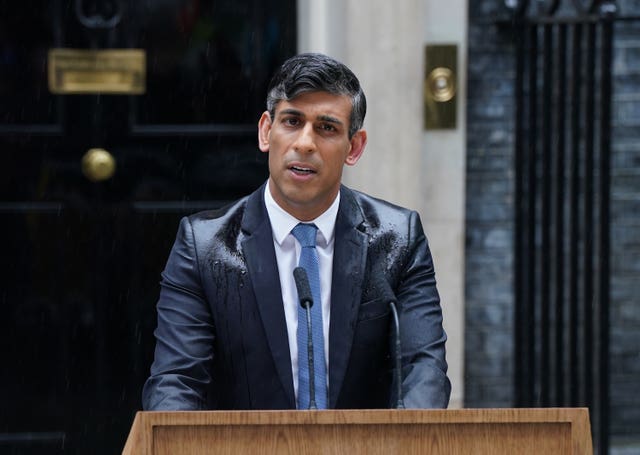
But there was no mention of the Princess of Wales in the announcement from the Palace.
Kate is away from public duties while she undergoes chemotherapy for cancer.
The Japanese state visit previously had to be postponed because of the Covid-19 pandemic.
In 2017, the decision to move the Spanish state visit was confirmed by Buckingham Palace three days after Theresa May announced an election.
Spain’s foreign minister, Alfonso Dastis, said at the time that his country did not deem it appropriate to continue with the state visit when politicians would be on the campaign trail and Parliament had been dissolved.





